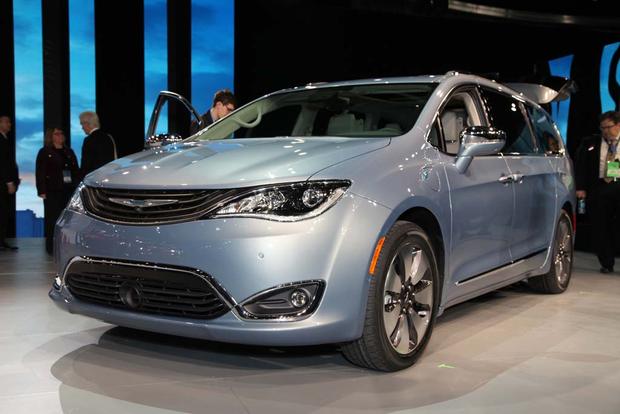-
2018 Buick Enclave “Avenir” will have ionic air purifier - April 12, 2017
-
Lease a Luxury Car for Less Than You Think - April 5, 2017
-
Shopping for a Car When Your Credit is Low - March 31, 2017
-
Aston Martin Closer to Unveiling Second-Generation Vantage - March 21, 2017
-
2017 Bentley Bentayga SUV: Offroad for $238,000 and Up - March 14, 2017
-
Pagani Huayra is Finally Here, Only $2.4M - March 9, 2017
-
Mercedes AMG E63 – For When Your Wagon Needs Drift - February 6, 2017
-
2018 Audi Q5 SUV: Enhanced Performance - January 30, 2017
-
2018 Toyota Camry Due in Late Summer - January 27, 2017
-
2018 Dodge Challenger SRT Demon Will Outstrip Hellcat - January 23, 2017
Audit Firm Unravels Lender Assessments by “Category”
Getting that car loan for a new 2011 vehicle or a late model ride can be difficult. Many borrowers have to turn to various lenders who profess to hawk “bad credit car loans” or other similar products targeted toward higher credit risk. More Americans are experiencing credit scores under 660, which are generally a red flag for those mainstream lenders who, instead of assessing risk in more sophisticated ways, like to “go by the book.”
Some of this may change, according to recent industry reports. A June 2 release from KPMG, the U.S. arm of an international auditing and data handling firm, details several kinds of “credit models” for consumers that analysts in lending are using to figure out if banks can cast a wider net and take back some business from more extreme lenders such as payday lenders and auto title loan shops that typically facilitate such a wide range of “bad credit car loans.”
In aid of this, KPMG presents four consumers models that show a bit more of the landscape for lenders. The first, the “unbanked” category, generally have lower income and use irregular services like payday lenders to manage household finances. Another category, “rebuilders,” are struggling to correct poor credit history. Another category called “work-to-pay” functions in close relation to a weekly paycheck, while a fourth category, the “emerging retail” sector, accumulates more borrowing options through careful saving. The emerging retail category has an estimated age range of 18-26, and $25,000-$60,000 in income. With less established credit history, these younger buyers may choose higher interest loan products. For a car loan, that means signing a vehicle financing agreement that may include higher than market interest rates. Alternately, according to KPMG, these buyers may also pay for a car in cash to avoid financing altogether.
Whether you’re pigeon-holed into “emerging retail” or any other designation by established lenders, a few steps are critically important for getting the kinds of fair vehicle financing agreement that make sense for your financial situation. Experts counsel avoiding dealer-made financing programs that tack on a whole lot more interest than you would pay in the common market. Also avoid lenders who say they are “not in the business” of making conventional personal loans or auto loans, since their concessions to dabble in this practice can come with artificially high rates. Above all, never settle for a “monthly payment” – get the facts about a car loan before signing. Use good judgment to save more money buying a vehicle that you will invest in and pay off over time.














